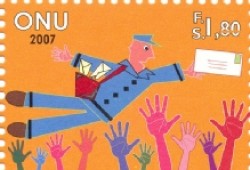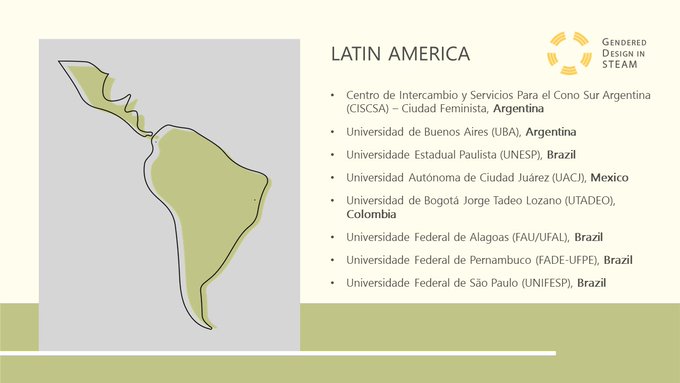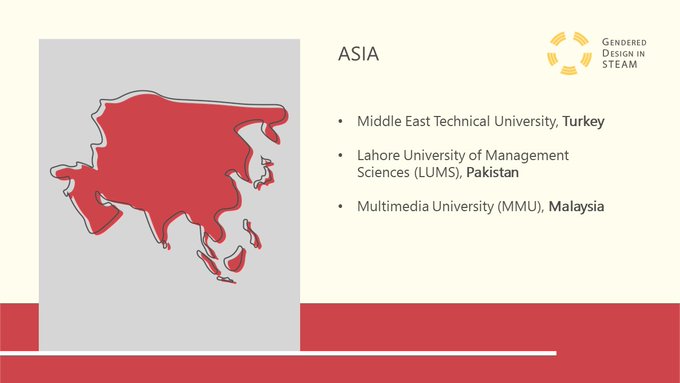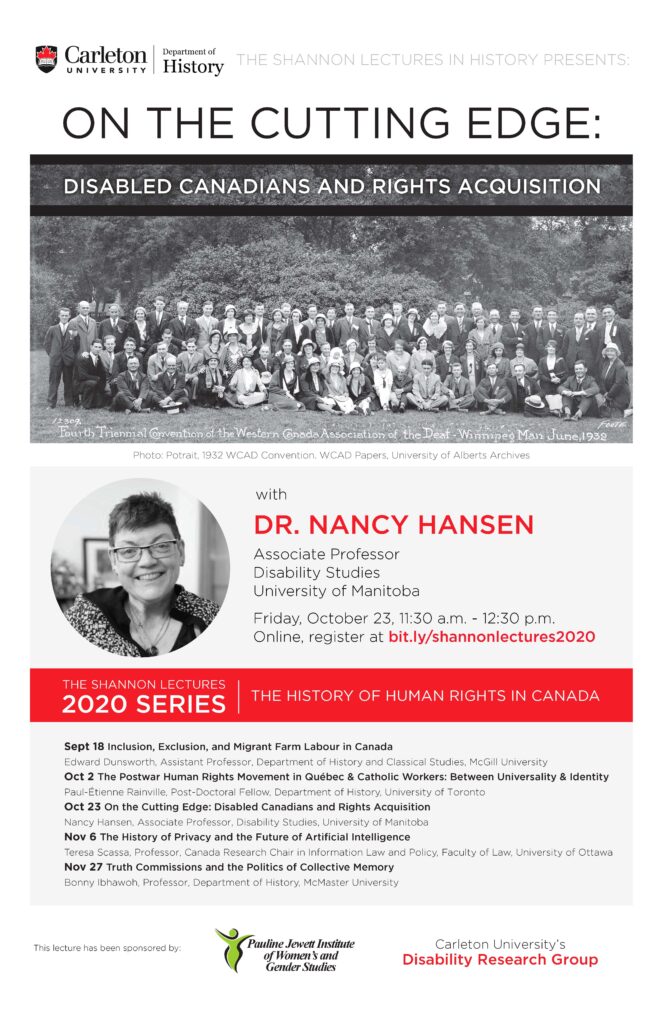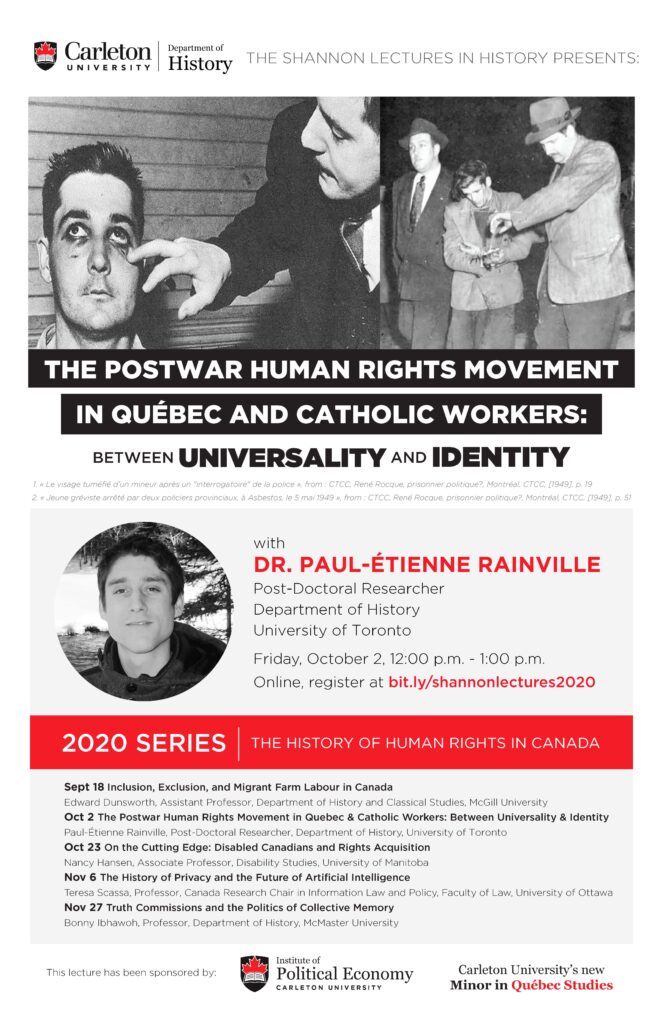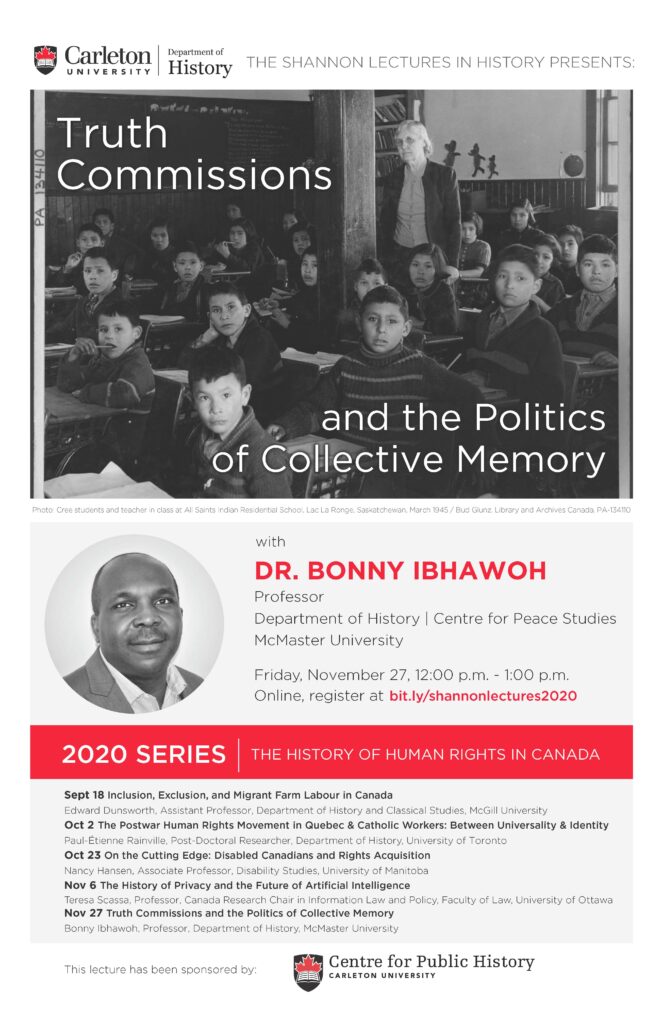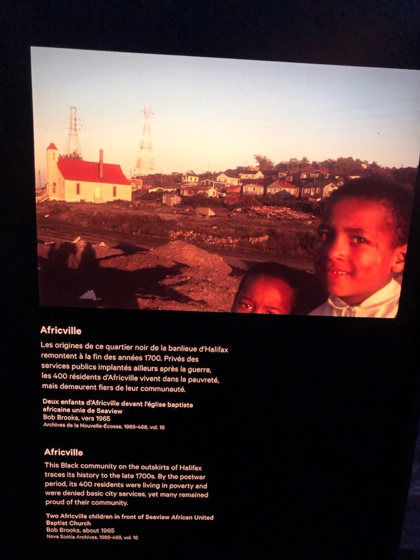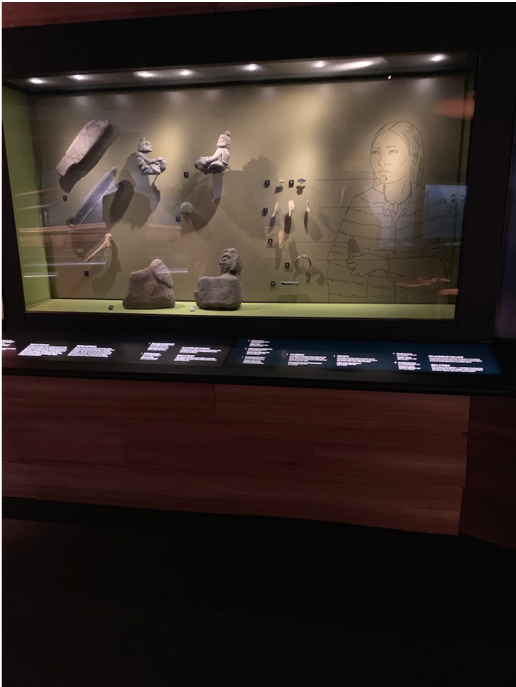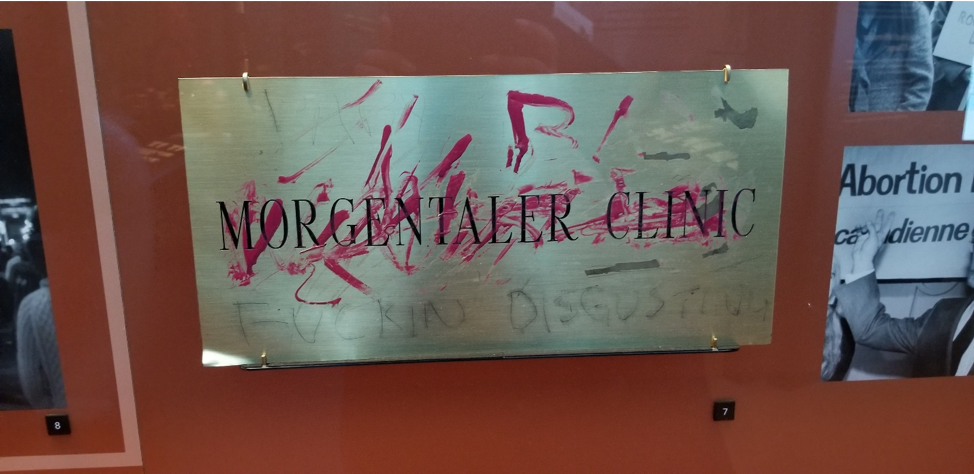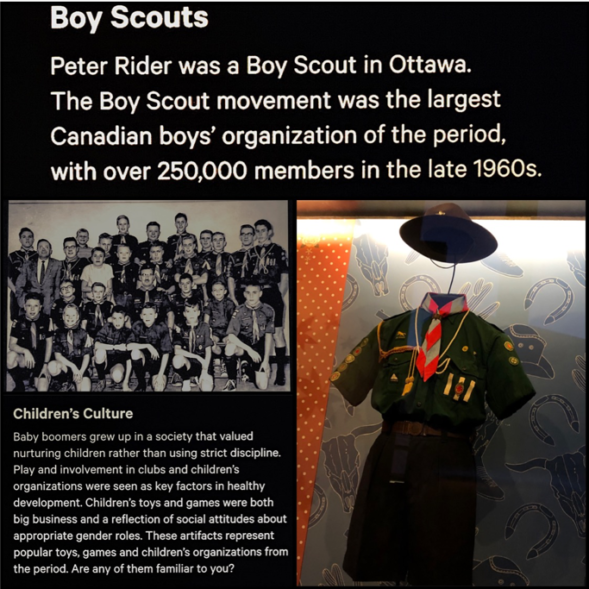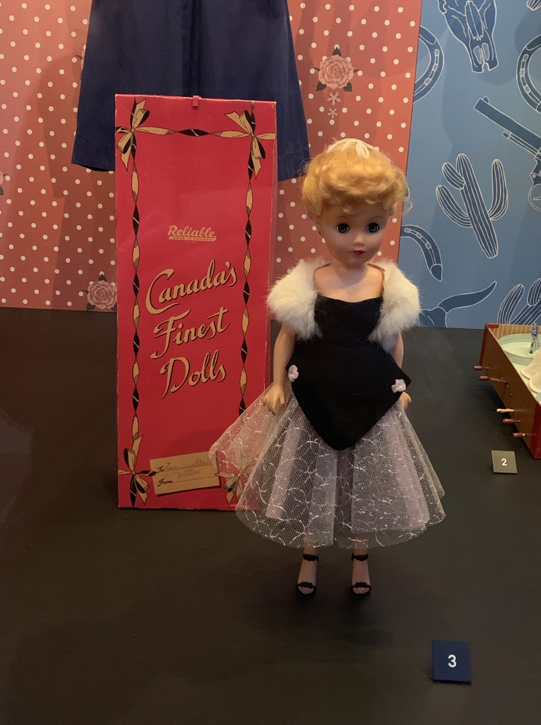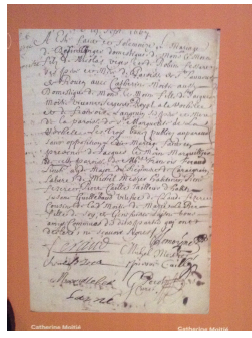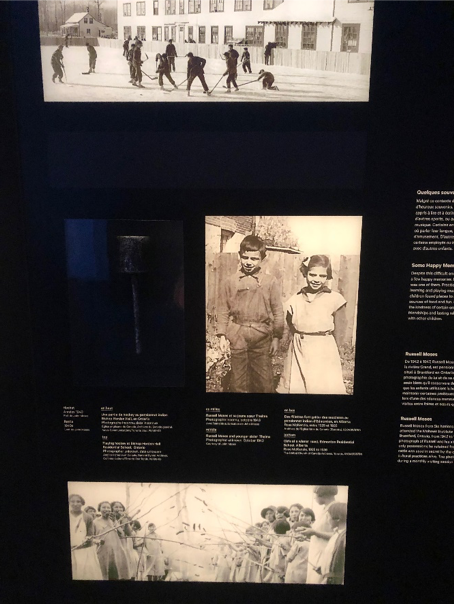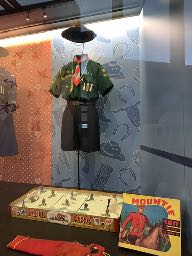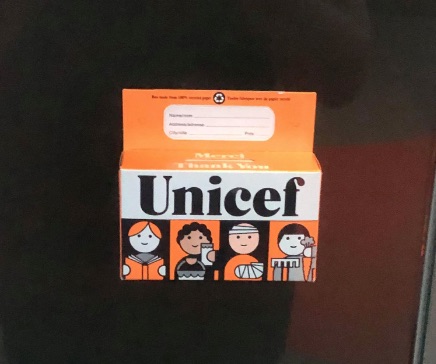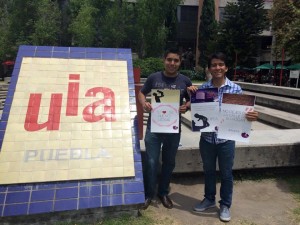14 Novembre Conférence conjointe
-Avec Martin Laberge, “Guerre mondiale: L’éthique et l’exercice du leadership du général de Gaulle (Première d’une série de conférences sur le leadership et la seconde guerre mondiale)”, Ottawa, 14 November 2017.
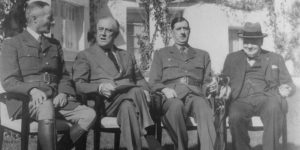
L’objectif de ces rencontres est de permettre aux participants de tirer des enseignements d’exemplarité, incluant le talent, l’honneur, le courage et l’altruisme, applicables à l’exercice du leadership contemporain, dans un contexte d’incertitude et d’enjeux complexes aux lourdes conséquendes humaines, éthiques et stratégiques. À cet égard, le parcours du général Charles de Gaulle, entre 1939 et 1945, révèle une série de décisions extraordinaires et peu connues. À partir de témoignages, de documents historiques et d’archives récemment découvertes, les conférenciers examinent les choix difficiles et la relation du général de Gaulle avec ses puissants adversaires au sein de l’alliance contre l’occupation.
Plusieurs décisions reconnues bien-fondées après la Guerre ont présenté, en leur temps, des défis immenses pour ce leader qui fut sous-estimé, voire souvent isolé même par ses alliés incontournables.
4-15 December Departmental Exhibition

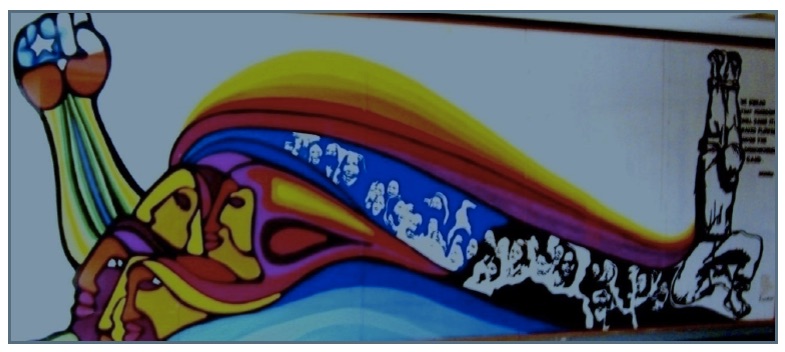
We are delighted to invite you to the launch of an exhibition of murals by Jose Venturelli Eade. We look forward to welcoming you to an enjoyable and informative evening of discussion and reflection about the relations between Chile and Canada, and the role of art in Latin American social movements.
Jose Venturelli Eade (1924-1988) was a painter, engraver, stage designer and Italian-Chilean muralist. His work includes the mural América, I do not invoke your name in vain, which is housed in the library of the Central House of the University of Chile (1950) and the mural Chile for the United Nations Conference on Trade and Development III in 1972. After the military coup in Chile in 1973, Eade went into exile in Switzerland. He died in China in 1988, where he had served as Latin American ambassador and general secretary of the Movement for Peace for the countries of Asia, Africa and the Pacific.
One of the first Chilean refugees to arrive in Ottawa, Leonore Leon, has acquired the rights to print and display reproductions of the murals and of the stained-glass windows he made for the oldest church in Geneva during his stay there, as well as a few murals from his teacher.
Carleton will be the first venue because of how welcoming the University was to Chilean refugees at the time, and also because of the mural painted by Chilean students of Carleton in the early 1970s, which is a permanent fixture in the foyer of the Department of History.
8-10 December CUDRG Symposium
A Symposium on Interdisciplinary Research, History Exhibits and Pedagogy

Please join us from Friday, December 8th – Sunday, December 10th for a symposium and workshop entitled “Disability | Technology | Inclusion”. This symposium seeks to draw researchers and teachers from across the university and beyond to discuss and workshop the ongoing work of Carleton University’s Disability Research Group (CUDRG).
One of our primary goals will be to begin to draft a set of best practices for the design and pedagogical uses of accessible virtual and physical exhibitions pertaining to the history of disability and technology. The symposium will begin with a broad overview of the CUDRG’s origins and its various projects to date, followed by a set of sessions in which we will discuss how to further the accessibility goals of the CUDRG, the best uses of virtual and physical exhibits within the classroom, as well as constructive ways in which we might grow and enhance these types of initiatives through multidisciplinary and cross-faculty research and pedagogical collaborations. The final day of the symposium will be dedicated to piloting and work shopping the latest exhibit episode developed by the CUDRG on disability, refugees and technology.

